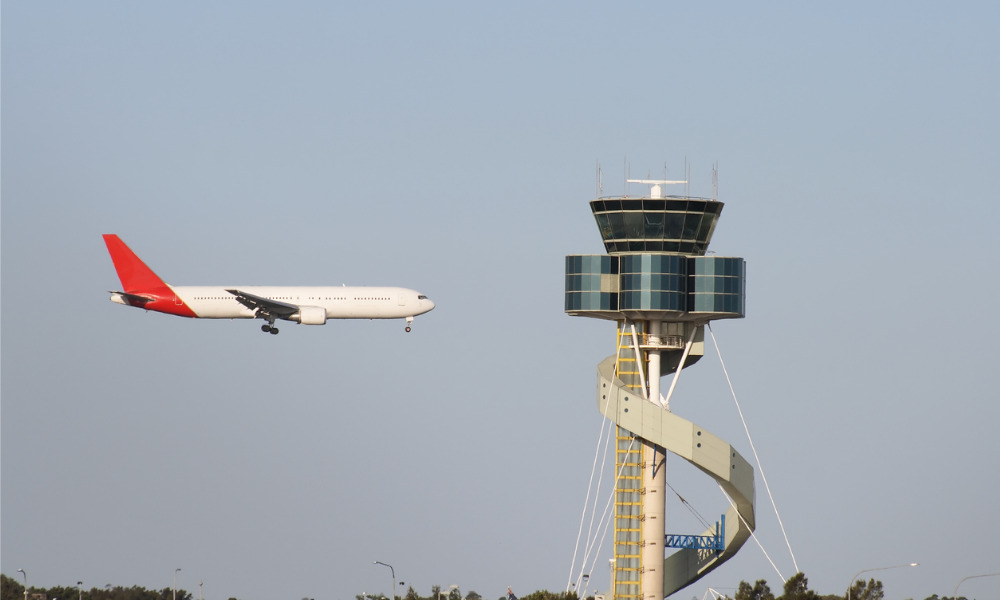
Airservices failed to appreciate the importance of consulting with its employees: court

The Federal Court of Australia has imposed a $70,000 civil penalty against Airservices for "serious" contraventions of the Fair Work Act 2009 (FW).
The dispute in Civil Air Operations Officers' Association of Australia v Airservices Australia (No 2) 2023 FCA 104 arose out of the air traffic controllers' implementation of a remote overnight arrival and departure service for the Rockhampton and Mackay sector (SAFRA) at the Cairns terminal control unit.
In 2016, Airservices stopped providing the overnight SAFRA service for the Rockhampton and Mackay sector. The Civil Aviation Safety Authority (CASA) found that Airservices failed to maintain enough suitably qualified and trained personnel to provide the published approach services to Rockhampton and Mackay for the entire period the tower was inactive as required by the Civil Aviation Safety Regulations 1998.
CASA and Airservices discussed how the deficiencies identified in the safety finding were to be addressed. Airservice asserted that it must be relieved from the requirement to provide a SAFRA service, and instead, it proposed an airspace modernisation program. However, CASA ultimately required Airservice to resume its SAFRA service according to set deadlines.
Airservices developed a plan for the resumption of a SAFRA service, but it did not consult with the affected employees in accordance with the Airservices Australia (Air Traffic Control and Supporting Air Traffic Services) Enterprise Agreement 2017-2020. The case reached the Federal Court, which declared that Airservices had contravened s. 50 of the FW act by implementing the SAFRA without consulting affected employees in the manner provided for under the enterprise agreement.
Following the court's finding of Airservices' liability, the parties asked the federal court to resolve whether civil penalties must be imposed against Airservices. The court ultimately ruled that Airservices committed serious contraventions of the FW act, which justified the imposition of civil penalties against it.
The court explained that the civil penalty's purpose is to deter future contraventions of the FW act. The court emphasised that the contraventions' seriousness is relevant to assessing the appropriate penalties.
Further, the court said that the rights or entitlements to consultation provided by the Enterprise Agreement are essential because of the inherent benefits that flow from an employer consulting with its employees likely to be adversely affected by a future decision. In this case, the court pointed out that the employees were denied a real opportunity to provide input into Airservices' decision-making in relation to rules with potentially serious consequences for them, such as increased workload burden and health and safety concerns.
The court said that Airservices failed to appreciate the importance of the consultation obligations imposed upon it. Airservices thought it would succeed in persuading CASA that the SAFRA service was unnecessary and that CASA must instead support Airservices' proposed airspace management program as an alternative solution. The court said Airservices should have recognised that there was a very significant risk that CASA would not agree to the proposed program, would not agree to further extensions to the required date for implementing the SAFRA service and would insist on the SAFRA service being implemented in accordance with previous deadlines set by CASA. As a result, Airservices ultimately found itself in a position with insufficient time to consult in accordance with the enterprise agreement.
The court concluded that Airservices' conduct demonstrated that it was prepared to put at risk the benefit of consultation for its employees to pursue a commercial advantage for itself. The contraventions were deliberate and brought about by an irresponsible attitude to comply with the enterprise agreement's consultation obligations. The court concluded that Airservices' violations of the law were serious and imposed a total civil penalty of $70,000.